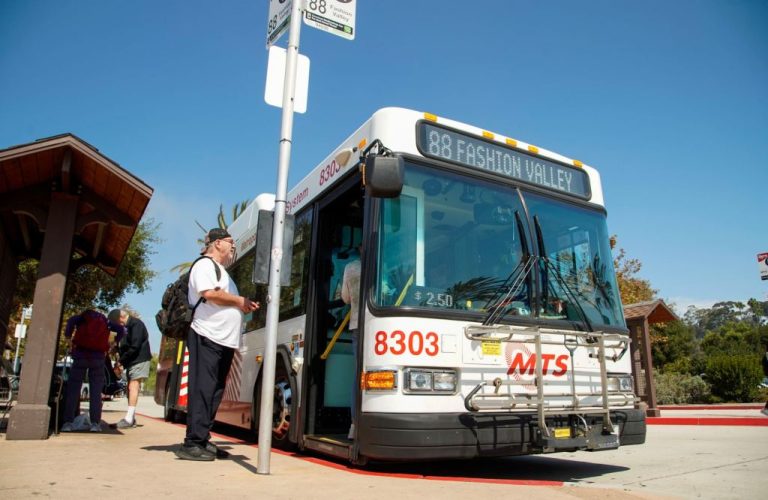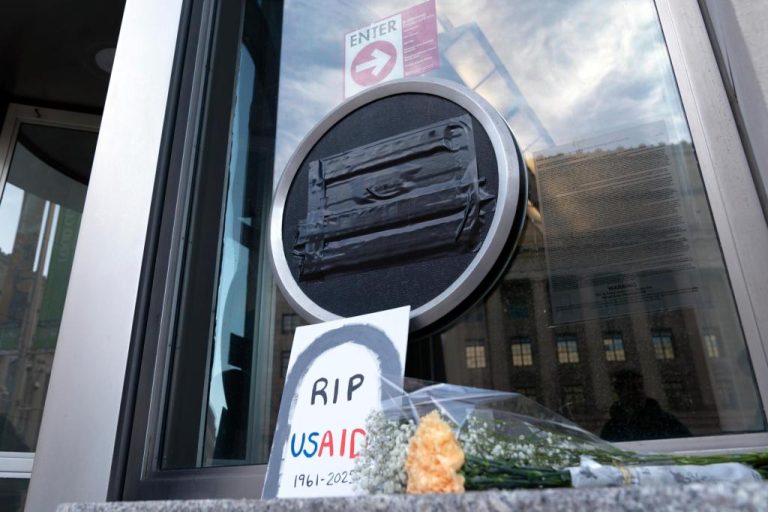
The triple lock has done its work again, handing pensioners an inflation-busting 8.5 percent increase, on top of last year’s 10.1 percent hike. Yet it’s under constant threat and pensioners fear every year could be its last.
Even if the triple lock survives, it does not apply to every element of the state pension.
Additional state pension, and means-tested top up pension credit, are both excluded from the mechanism, leaving many feeling shortchanged.
Another issue is that Chancellor Jeremy Hunt’s freeze on tax threshold could push more than a million pensioners into paying tax, and many do not realise what’s coming their way.
Throw in the Waspi scandal, DWP pensions underpayments for women and the steadily rising retirement age, and the state pension is under siege on every front.
The UK state pension is the lowest in the developed world, with retirees in some countries getting three times as much. How did our pensions get in such a state?
The state pension is supposed to be the bedrock of our retirement income. Yet it has always been built on shaky ground.
Many understandably feel they are entitled to receive it, having made National Insurance contributions throughout their lifetime.
Yet the state pension isn’t an entitlement, as most of us assume. The government insists it’s a benefit and refuses to bend on that point.
Many older people who take pride in never have any claimed state benefits during their working lifetime hate the idea.
They can complain as much as they like, but it won’t change anything. There is no pot of cash to pay out the state benefit. Instead, it is funded by today’s taxpayer contributions.
That’s terrifying, because it means the government can do what it likes to the state pension.
As society ages and the ratio of workers to pensioners shrinks, the government is repeatedly pushing up the state pension age.
Paying NI contributions was supposed to a social contract between workers and the government. That contract was broken right from the start.
Another major issue is that the state pension is horrendously complicated. There are two state pensions, the basic and the new one, plus there are a host of additions, including Graduated Retirement Benefit, the State Earnings-Related Pension Scheme (Serps), State Second Pension (S2P) and Protected Payments.
This system is so complex it’s almost impossible to work out what you’re likely to get and whether you’ve been fairly treated.
This leads many to feel that they are hard done by, with the basic state pension now paying just £8,114, while the new state pension pays maximum of £11,502.
Means-tested top-up Pension Credit should help the poorest, by lifting their incomes to a minimum basic level, it brings more complexity still.
Incredibly, 850,000 of the poorest pensioners don’t get it, because they don’t even know it exists.
READ MORE: HMRC pensioner income tax raid begins – do this to avoid sudden bill and fines
This year has thrown yet another spanner in the works. With the personal allowance frozen at £12,570 yet again, someone on the full new state pension only needs to earn £1,068 from other sources to pay income tax.
More than nine million pensioners will pay income tax this year – double the 4.5 million caught in 2010.
Many will receive a tax bill out of the blue, most likely after they have already spent the money. Worse, it could be backed by fines,
Since the 1980s, politicians have assumed that most people would have ample company and personal pensions, so only needed the state pension for the basics.
Yet our private pensions were ravaged by mis-selling scandals, while former Labour Chancellor Gordon Brown’s notorious 1997 stealth tax raid destroyed our final salary schemes.
With a general election coming, we urgently need to talk about the state pension. Unfortunately, politicians would rather talk about almost anything else.
We can’t live with the state pension like this, but we certainly can’t live without it.






